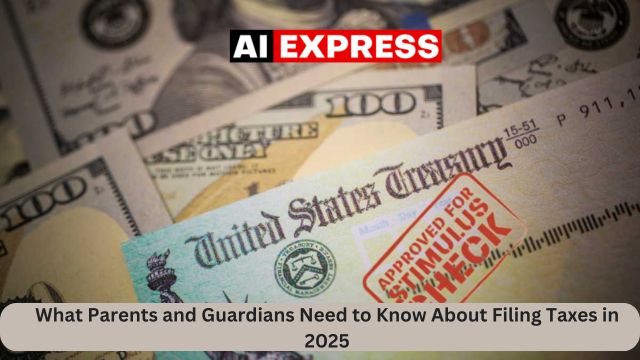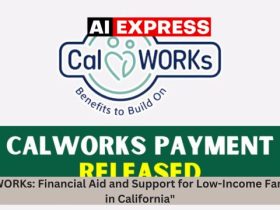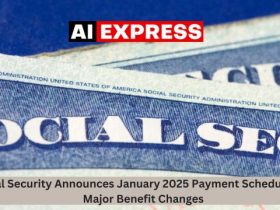AIexpress – In recent times, IRS stimulus checks, officially termed as Economic Impact Payments, have served as a critical lifeline for millions of Americans facing financial challenges. However, understanding eligibility for these payments remains a common concern. Here’s a comprehensive guide to help you navigate the criteria and secure the support you may qualify for.
Eligibility Criteria for IRS Stimulus Payments
Income Thresholds
Your Adjusted Gross Income (AGI) plays a significant role in determining your eligibility. The IRS evaluates AGI based on your tax return, with the following thresholds for full payments:
- Single Filers: AGI of $75,000 or less
- Married Couples Filing Jointly: AGI of $150,000 or less
- Heads of Household: AGI of $112,500 or less
For incomes above these limits, payments gradually decrease and phase out entirely at:
- Single Filers: Over $99,000
- Married Couples: Over $198,000
Tax Filing Status
Filing your taxes is crucial, as the IRS relies on the most recent tax return to determine eligibility. If you haven’t filed, you may need to do so to claim a payment. Even non-filers with little or no income could qualify by using a dedicated IRS tool designed for such cases.
Citizenship and Residency Requirements
To qualify, you must:
- Be a U.S. citizen or resident alien.
- Possess a valid Social Security number (specific exceptions apply for mixed-status families).
Dependents
Being claimed as a dependent disqualifies you from receiving a payment. This is particularly relevant for college students, elderly individuals, and others listed as dependents on another’s tax return.
Changes in Circumstances
Significant life events can alter your eligibility:
- Marriage or Divorce: Changes in marital status can affect income thresholds.
- Having a Child: A new family member may qualify for additional payments.
- Income Loss: A reduction in income could make you eligible based on updated tax filings.
Claiming Missing Stimulus Payments
If you didn’t receive a payment or received less than expected, you can claim the difference through the Recovery Rebate Credit when filing your tax return.
Common reasons for missing payments include:
- Income exceeding the maximum thresholds.
- Being listed as a dependent.
- Non-resident alien status or lacking a valid Social Security number.
Tools to Check Your Eligibility
The IRS provides resources to assist in determining eligibility and tracking payments:
- Get My Payment Tool: Monitor your payment status and delivery timeline.
- IRS Recovery Rebate Credit Calculator: Identify and claim any missing payments.
Take Action Today
For those eligible, financial relief is within reach. Don’t miss out—file your tax return, utilize IRS tools, and stay informed to secure your stimulus payment. With a clear understanding of the eligibility criteria, you can confidently navigate the process and access the support you deserve.













Leave a Reply